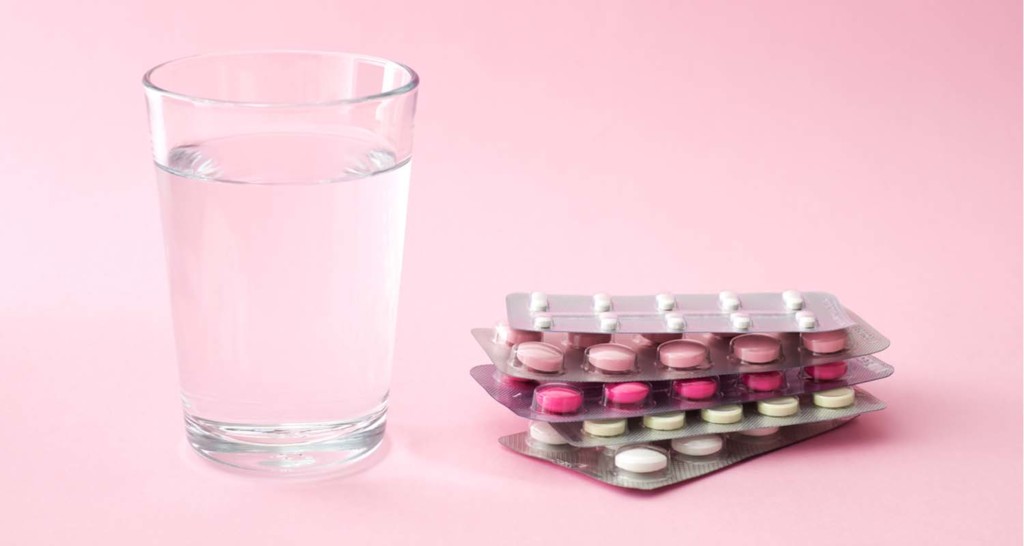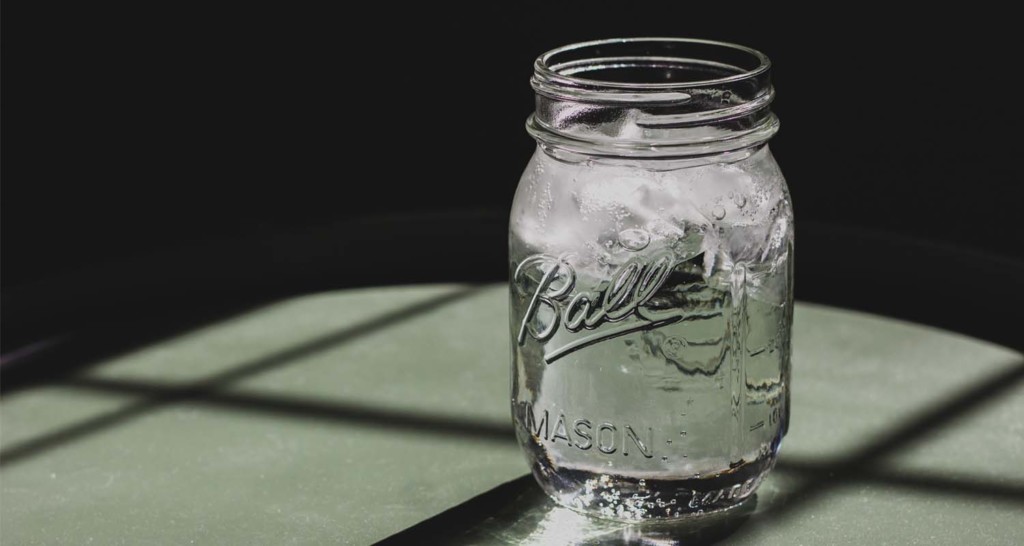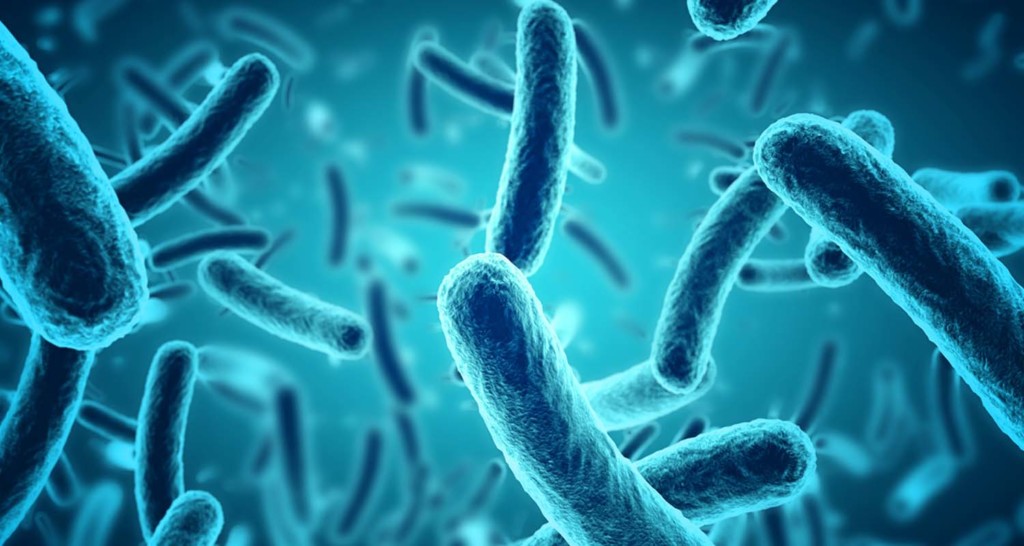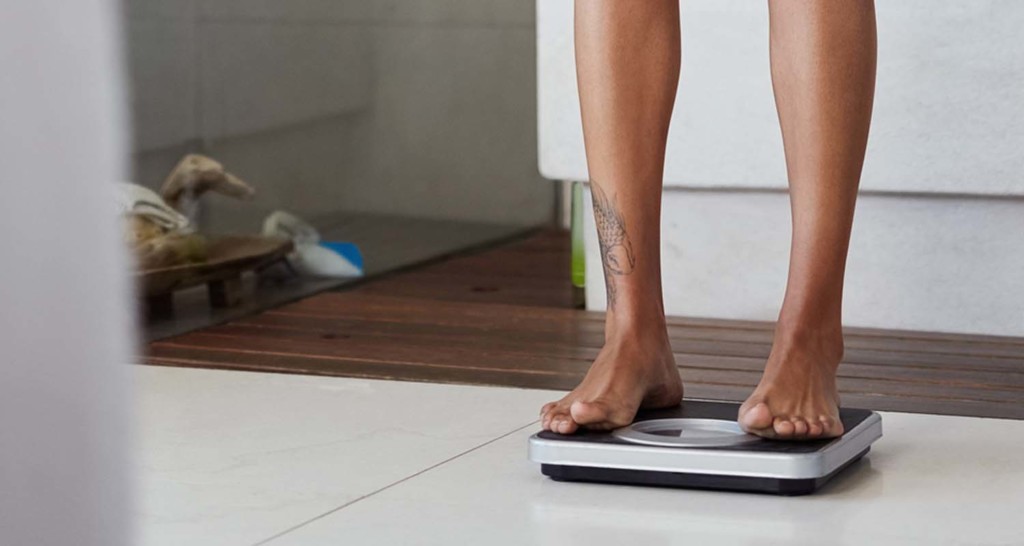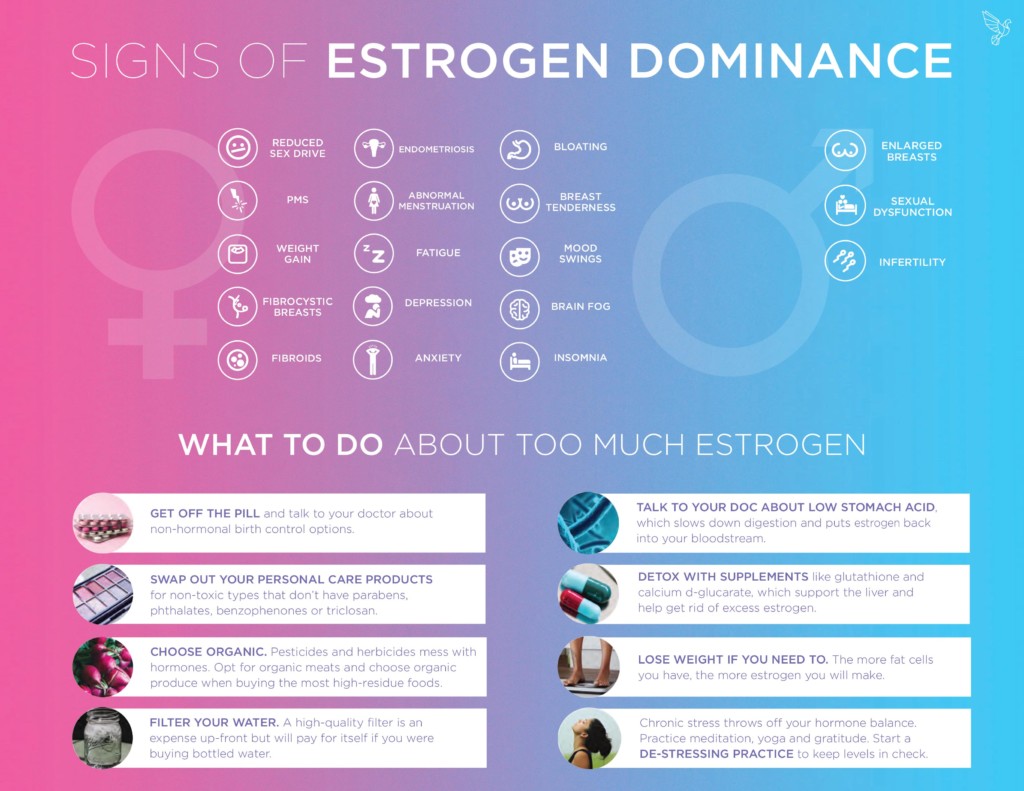
- Estrogen dominance is essentially too much estrogen. There’s no set number that indicates estrogen dominance. It’s the amount of estrogen you have relative to your other sex hormones.
- Estrogen is crucial for day-to-day functioning. Without it, you end up with vaginal changes that lead to painful sex and urination, hot flashes, moodiness, wonky periods, brain fog, and more.
- Too much estrogen can wreak absolute havoc on your whole body. It can cause things ranging from fatigue and anxiety to fibroids, endometriosis, abnormal menstruation, and breast cancer.
- Conventional medicine tends to prescribe hormonal birth control to alleviate symptoms of estrogen dominance, which can have a lot of side effects and make the problem worse in the long run.
- There are things you can do that not just alleviate symptoms, but get rid of the problem at its core.
It seems like female problems come in groups. Patients will learn they have fibrocystic breasts, then get treated for endometriosis or fibroids. A woman with a lifetime of heavy periods will end up at the fertility clinic. A man with a more womanly shape up top may find himself with sexual dysfunction down the road.
It all points to estrogen dominance, which is high estrogen levels. There’s no set number that indicates estrogen dominance. It’s the amount of estrogen you have relative to your other sex hormones (progesterone in women and testosterone in men).
Low estrogen symptoms (i.e., why you need estrogen)
Estrogen is crucial for day-to-day functioning. It regulates menstruation, hunger and satiety, insulin sensitivity, it helps you metabolize cholesterol, it contributes to bone density, and more. Without it, you end up with symptoms of menopause, like vaginal changes that lead to painful sex and urination, hot flashes, moodiness, wonky periods, brain fog, and more.
But, too much of a good thing causes biological chaos, in the case of high estrogen.
Symptoms of estrogen dominance:
Women:
- PMS
- Weight gain (particularly in hips, midsection, thighs)
- Fibrocystic breasts
- Fibroids
- Endometriosis
- Abnormal menstruation
- Fatigue
- Reduced sex drive
- Depression
- Anxiety
- Bloating
- Breast tenderness
- Mood swings
- Brain fog
- Insomnia
Men:
- Enlarged breasts (gynecomastia or man boobs)
- Sexual dysfunction
- Infertility
If you have a few high estrogen symptoms going on, you might want to open up a conversation with your functional medicine doctor about estrogen dominance. Read on to find out where these symptoms are coming from and what to do about them.
Hormonal birth control
One of the main reasons there has been a noticeable rise in estrogen dominance is because hormonal birth control is so popular. It’s a common scenario that doctors prescribe the pill to young women to regulate periods or to control heavy bleeding, and these women will stay on hormonal birth control for years without fully understanding long-term effects.
Hormonal birth control creates the perfect storm of hormone imbalance. Erratic periods and heavy bleeding are likely a result of estrogen dominance to begin with. Prescribing the pill to treat it just stacks more estrogen on top of excess estrogen. Second, hormonal birth control releases synthetic progesterone, which suppresses your natural progesterone production. Progesterone balances the effects of estrogen, and without enough, you end up with symptoms of estrogen dominance.
You don’t even have to be a lifetime Pill user to end up with hormone balance problems. If you used hormonal birth control and have symptoms of estrogen dominance after only a few cycles, the culprit could still be the exogenous hormones.
Personal care products
Thousands of man-made products contain xenoestrogens, which means they mimic estrogen and disrupt your hormone balance. There’s a long list of chemicals that mimic estrogen. Here’s the short list of the more common ones you’ll see:
- Parabens. Manufacturers use this well-known xenoestrogen as a preservative.
- Phthalates. You’ll find phthalates in plastics and as an emulsifier and stabilizer in topical products.
- Benzophenones. This additive alters estrogen and testosterone production.[ref url=”https://www.sciencedirect.com/science/article/pii/S0041008X04003539 “] Most often, you’ll find it in sunscreens.
Triclosan. Manufacturers use triclosan as an antibacterial agent. Researchers found that it measurably acts on estrogen receptors. For example, it increased the size of uteri[ref url=”https://academic.oup.com/toxsci/article/117/1/45/1682020″] and grew breast cancer cells in rats.[ref url=”https://pubs.acs.org/doi/abs/10.1021/tx5000156”]
Another rule of thumb is that if it has a strong chemical or perfume smell, there’s a good chance it’s messing with your hormones. The exception is products fragranced with essential oils, which can smell strong but won’t disrupt your hormones. It’s best to avoid products with “fragrance” on the ingredients list.
You absorb a substantial portion of the things that come into contact with your skin, so it makes sense to be conscious about what’s in the products you use. Whether you switch out your products as you run out, swap one thing a month, or go nuclear on your shelves, you’ll need to pay attention to your personal care products to reduce your estrogen load.
Related: Natural Beauty Products That Won’t Wreck Your Hormones
Estrogen in the food you eat
Whether the food you eat comes from plants or animals, it has an effect on your estrogen levels. The pesticides most widely used in large-scale farming contains endocrine disruptors,[ref url=”https://www.ncbi.nlm.nih.gov/pmc/articles/P
MC3138025/”] and researchers associated the most common herbicide in the world, glyphosate, with female cancers which point to estrogenic and endocrine-disrupting effects. In one example, glyphosate caused human breast cancer cells to grow in vitro.[ref url=”https://www.ncbi.nlm.nih.gov/pubmed/23756170″]
It’s common practice for factory farmers to administer hormones to animals for faster growth, which end up in your meat (particularly the fat) and dairy.[ref url=”http://www.medical-hypotheses.com/article/S0306-9877(97)90110-9/abstract”]
Carefully sourcing your food matters. Small-scale, naturally-minded farmers do not pump animals full of hormones for quick turnaround, and they do not have hundreds of acres of crop-dust with dangerous herbicides. Choose organic for high-residue foods when you can.
Related: The Sneaky Place Glyphosate Is Hiding in Your Food
Estrogen in water
The Environmental Working Group identified 45 hormone-disrupting chemicals in public drinking water.
As a consumer, that presents a problem. You can decide to forgo certain types of foods or check ingredients on your personal care products, but you can’t skip water. If you’re drinking water from a public source, you’re probably dosing yourself with things that mimic estrogen and disrupt your hormones. Bottled water is equally problematic. Estrogenic chemicals in plastic bottles leaches out into the water.[ref url=”https://www.sciencedaily.com/releases/2009/03/090326100714.htm”] Canned drinks lined with BPA are no better.
The cleanest water you’ll get is regularly tested well water that’s not close to factory farms, mines, or any sort of industrial complex that will contaminate it. Obviously, that’s not accessible for everyone. For the rest of us, the combination of a public water source with a high-quality filter will give you clean water that won’t change your bra size. Look for a triple-stage filter: a sediment filter, a ceramic filter (to block viruses), and an activated charcoal filter.
Slow digestion
What does the way you digest your food have to do with how much estrogen you have pumping through your system? Since your digestion points to how efficiently you get rid of waste that hangs around in your intestines, it has everything to do with how much estrogen is in your bloodstream.
One major way your body eliminates estrogen is through pooping. If you have slow elimination, you don’t get rid of estrogen through the digestive tract. If estrogen hangs around your intestines and moves inefficiently, it has plenty of opportunity to be reabsorbed into the bloodstream. Stack that on top of the normal estrogen your body releases at ovulation and around period time, and your estrogen levels will climb month over month.
There are hundreds of things that might affect your intestinal motility, but two you can take control of are low stomach acid and gut bacteria imbalance.
- Low stomach acid. If you don’t have enough stomach acid, your food doesn’t break down enough for a smooth move through the intestines. When food moves slowly, bacteria have the chance to feast and reproduce, which throws off the balance of your gut microbes.
- Gut bacteria imbalance. When your gut bacteria is off, owing to low stomach acid, antibiotics, heavy metal exposure, or a million other causes, it can affect the nerves that tell your intestines to contract and relax and move things along. So, an imbalanced gut both causes things like IBS and SIBO, and makes them worse.
Finding the root cause of these things can be frustrating, but if you suspect you have acid or microbiome imbalances, ask your functional medicine doctor about supplementing with betaine HCl or digestive enzymes.
Toxic load
Whether it’s heavy metals, a moldy house, or eating processed packaged foods, toxic load contributes to estrogen dominance by burdening your detoxification and elimination systems. Your detox systems — particularly your liver and kidneys — can only handle so much over the course of a day. If your body is constantly dealing with heavy metals, mold toxins, plastics, cleaning products, fragrances…all of those things and more compete with estrogen for its place in the elimination line.
Toxin-free environments do not exist. Even digestion releases by-products that your body has to neutralize and excrete. The key here is to minimize toxins when you can, which leaves room for your body to deal with the toxins that you can’t control.
Being overweight and high estrogen
Your body produces estrogen in the adrenal glands, brain, and in your ovaries or testes, depending on your equipment. Another place both men and women produce estrogen is in adipose (fat) tissues.[ref url=”https://www.ncbi.nlm.nih.gov/pmc/articles/PMC179885/ “][ref url=”https://www.sciencedirect.com/science/article/pii/S0960076003003601”]
As expected, the more fat cells you have, the more estrogen you will make. The more estrogen you make, the more fat you store. And then you make even more estrogen, and store more fat, and so on until you have more estrogen and fat than you know what to do with.
Does stress cause estrogen dominance?
If you have a handful of symptoms of estrogen dominance, evaluate your stress levels before you do anything else. Stress has a massive impact on the production of your sex hormones, and chronic stress will throw off your hormone balance and contribute to estrogen dominance if you don’t get a handle on it.
The reason for this is because we have a multi-tasking hormone, pregnenolone, that is a precursor to both stress hormones and sex hormones, and it will go wherever the demand is.
When everything is fine, pregnenolone helps make progesterone and just enough cortisol. When you’re stressed, your body snaps up the pregnenolone that it would otherwise use to make progesterone, and instead makes a substantially more stress hormones like cortisol. That means progesterone comes up short.
Progesterone keeps estrogen in check, so if you don’t have enough of it, estrogen can go haywire. That’s when you end up with weight gain, PMS, and the other symptoms of estrogen dominance.
A stressful event here and there is fine, and your body can handle that. It’s chronic stress that causes problems with your hormones and frankly, your whole body.
What to do about too much estrogen
- Check your Labs and monitor your hormone levels with Axo.
- Quit birth control. Talk to your functional medicine doctor about non-hormonal birth control options.
- Swap out your personal care products. There are non-toxic versions of just about everything nowadays, and they perform just as well or better than the nasty stuff.
- Choose organic. It might be tough to go all organic, all the time, but you can at least opt for organic meats and choose organic of the most high-residue foods.
- Filter your water. Obviously, you can’t forgo water. A high-quality filter is an expense up-front but will pay for itself if you were buying bottled water, not to mention medical costs down the road.
- Talk to your doc about stomach acid. Functional or integrative medicine doctors do stomach acid better. Conventional medicine doctors will prescribe you things that will make problems worse if your acid is too low. I personally take digestives with every meal.
- Reduce toxic load and support detox pathways. Natural herbs and supplements like milk thistle, dandelion root tea, dandelion greens, glutathione, and calcium d-glucarate support the liver and help get rid of excess estrogen and all the other day-to-day yuck we run into.
- Lose weight. You know who you are. You can start by using our 30 Day Upgrade guide to clean up your diet while crushing cravings.
- Meditation, yoga, gratitude. Start a de-stressing practice that will free up that pregnenolone for progesterone.
When people try to get help from a doctor or other practitioner, they are often told this is genetics, it’s just the way you are, that you have to deal with it. It’s simply not true. Just because there’s no magic pill (or there is a pill but it has awful side effects) doesn’t mean you’re at a loss. There are things you can do that not just alleviate symptoms, but get rid of the problem at its core.
